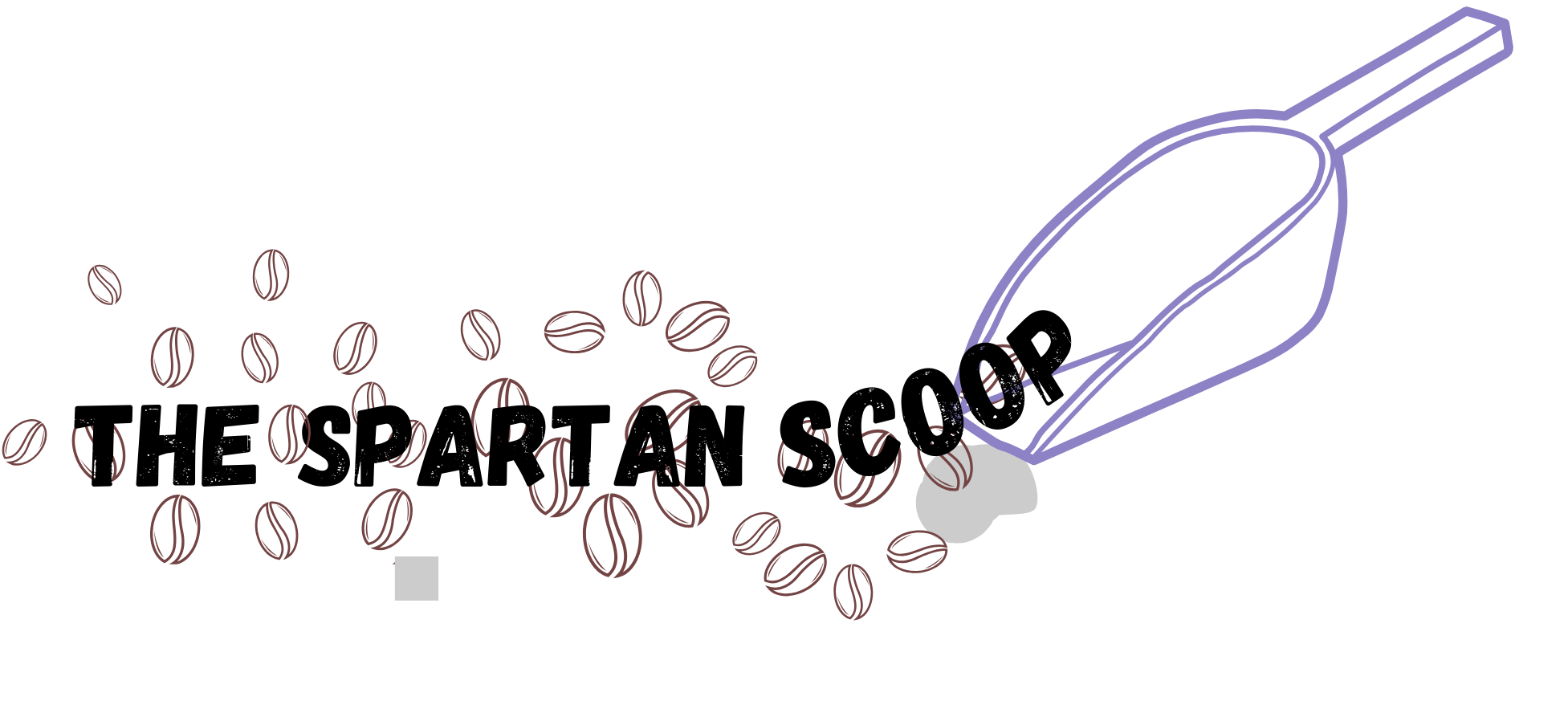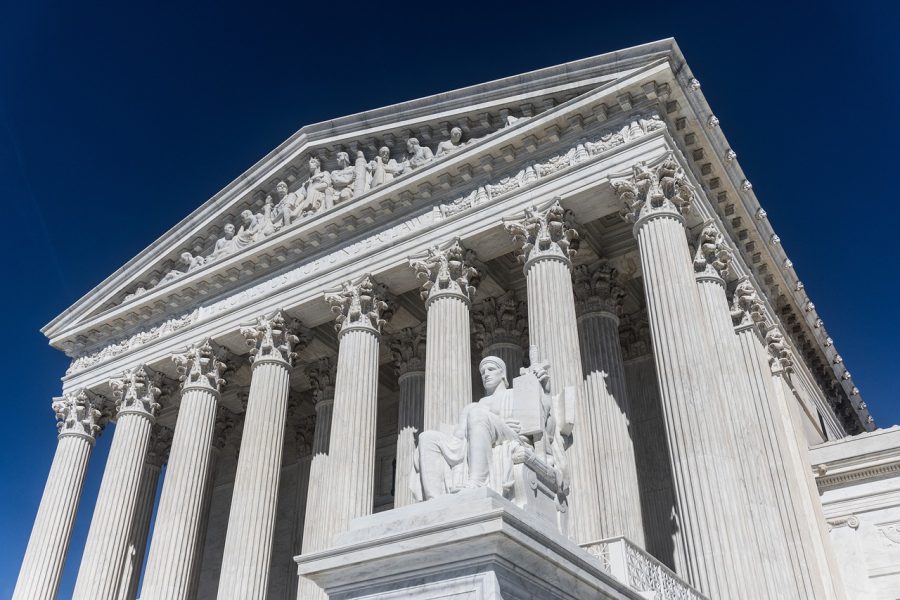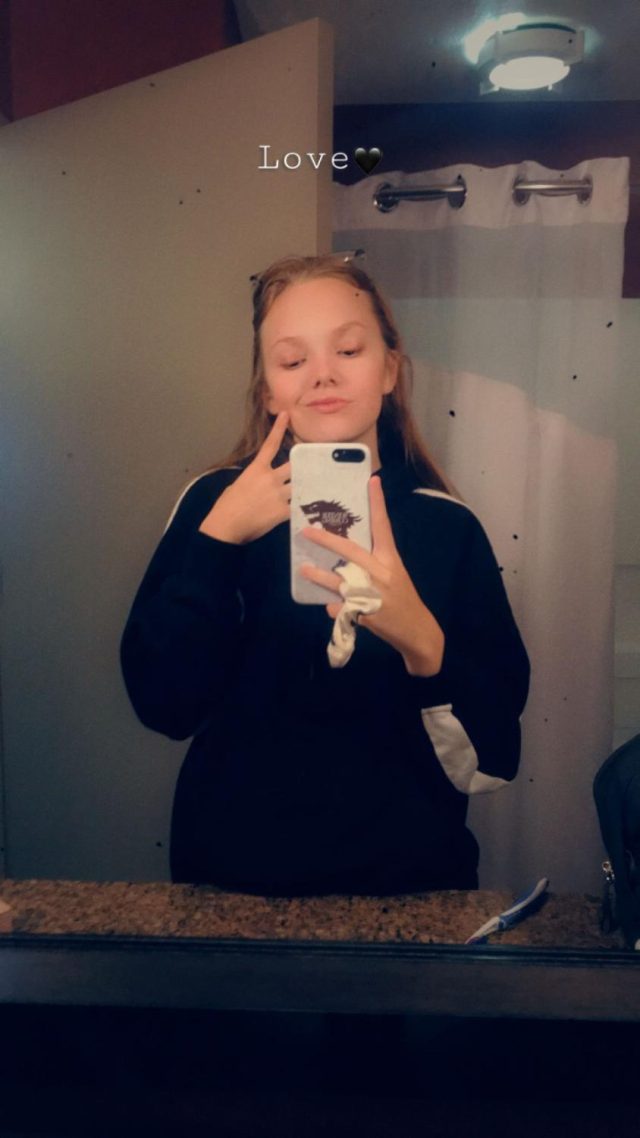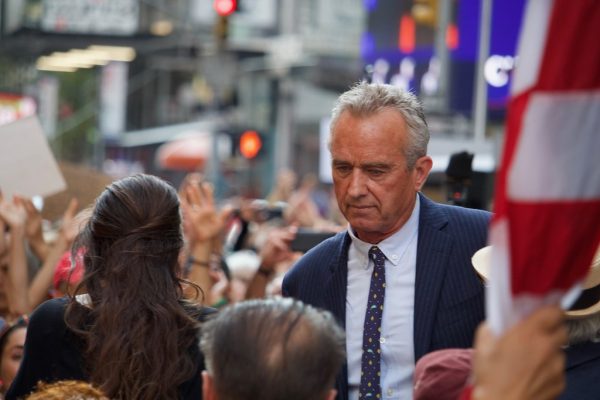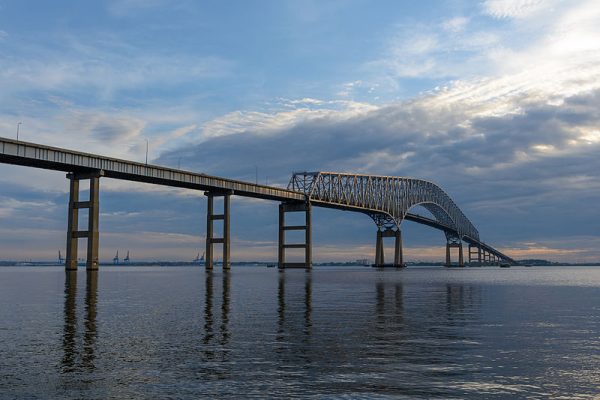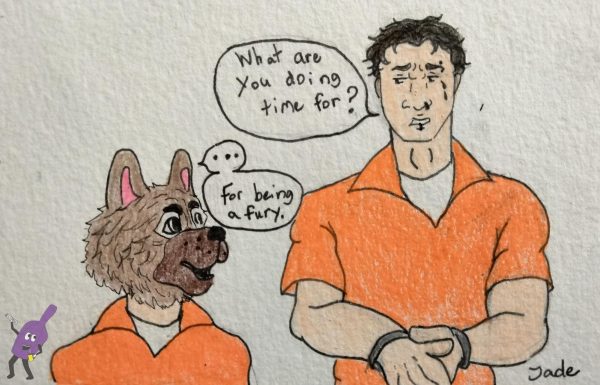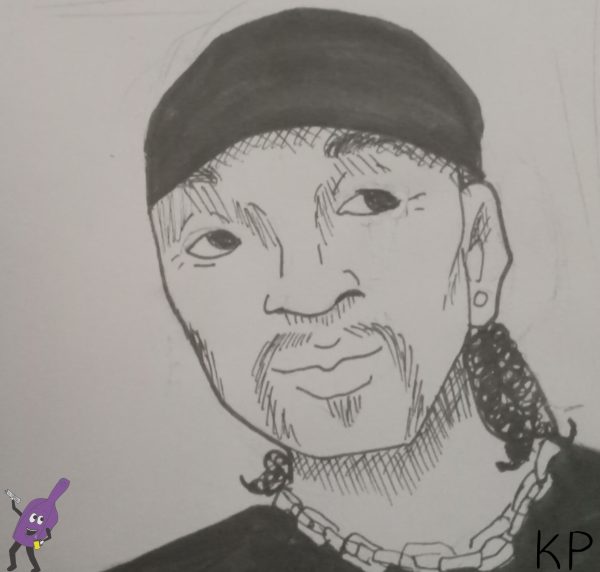ICWA IN THE SUPREME COURT
ICWA gets questioned in the Supreme Court this month.
A photo of the Supreme Court building.
On November 9th, 2022, the Indian Child Welfare Act (ICWA) was taken on in the Supreme Court. In the case Haaland v. Brackeen, quite a few groups of white foster parents are upset with the 1978 ruling, which was put into place to keep Native children from being separated from their communities. These parents claim that ICWA discriminates against them, with them being at the bottom of the preferences for adopting Native children. As the weeks progress, the overturning of the act may become a possibility.
ICWA, which stands for the Indian Child Welfare Act, was enacted in 1978 to prevent American and Alaskan Native children from being separated from their families. Not only did it prevent a large portion of children from being misplaced, but it also set a lot of considerations for caseworkers to make when handling cases revolving around ICWA. Studies show that before the act was put into place, 25-35% of Native children were being taken from their families and communities from adoption agencies, and of them, 85% were placed outside of their community, even if a family member was fit to care for them. In passing this act, the devastation brought to Native families and tribes was taken into consideration. Congress wished to “protect the best interests of Indian children and to promote the stability and security of Indian tribes and families”. Now, 44 years later, the act is being challenged by multiple white foster parents, who believe that they are being discriminated against because they’re non-Native.
As the weeks progress, the overturning of the act may become a possibility.
In this case, Haaland v. Brackeen was brought to the Supreme Court from Texas, Louisiana, and Indiana, as well as from other individual plaintiffs. They argued that the act violated the Constitution in at least four different ways. The main family involved, the Brackeens, first adopted a Native child after a long process through the Texas state courts. Now, as they sought to adopt the child’s sister, the Navajo Nation refused. Another family, the Librettis, attempted to adopt a Native baby, named “Baby O”, whose father was from the Ysleta del Sur Pueblo Tribe, but were contested against in the adoption process. Eventually, they reached a non-contest with the tribe. The third family involved, the Cliffords, wanted to adopt “Child P”, whose grandmother was from the Ojibwe Tribe. Minnesota, where this was located, removed the child from the Cliffords’ custody, and returned them to their grandmother. After all of these happenings, all three families, among some other individuals, took ICWA to the court and claimed it was unfair, and unconstitutional.
If Haaland v. Brackeen is successful in getting the Supreme Court to overturn, or otherwise revise, the ICWA, that could mean a lot of things for the future of Native families and children. It would erase almost half a century’s progress in returning children to be with their communities, and many tribes view the case in suspense as they wait for it to come to an end.
